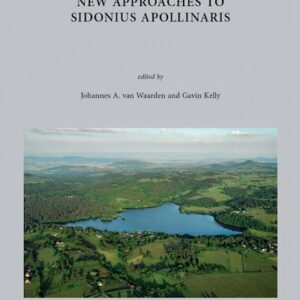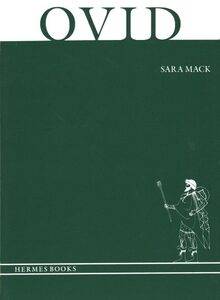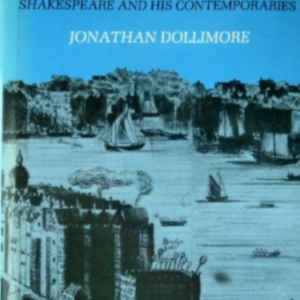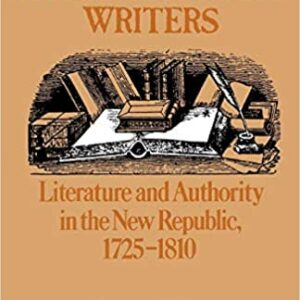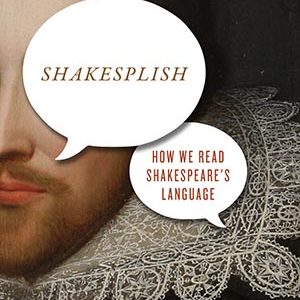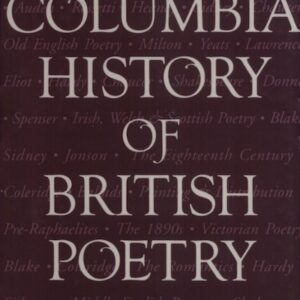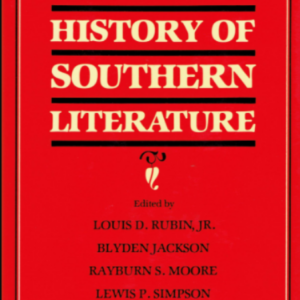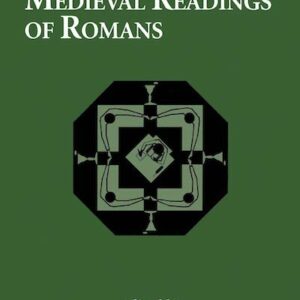
Medieval Readings of Romans
Edited by Brenda Deen Schildgen (NHC Fellow, 2005–06), William S. Campbell, and Peter S. Hawkins This sixth volume of the Romans through History and Culture series consists of 14 contributions by North-American and European medievalists and Pauline scholars who discuss significant readings of Romans through the twelfth and thirteenth centuries to the eve of the … Continued
